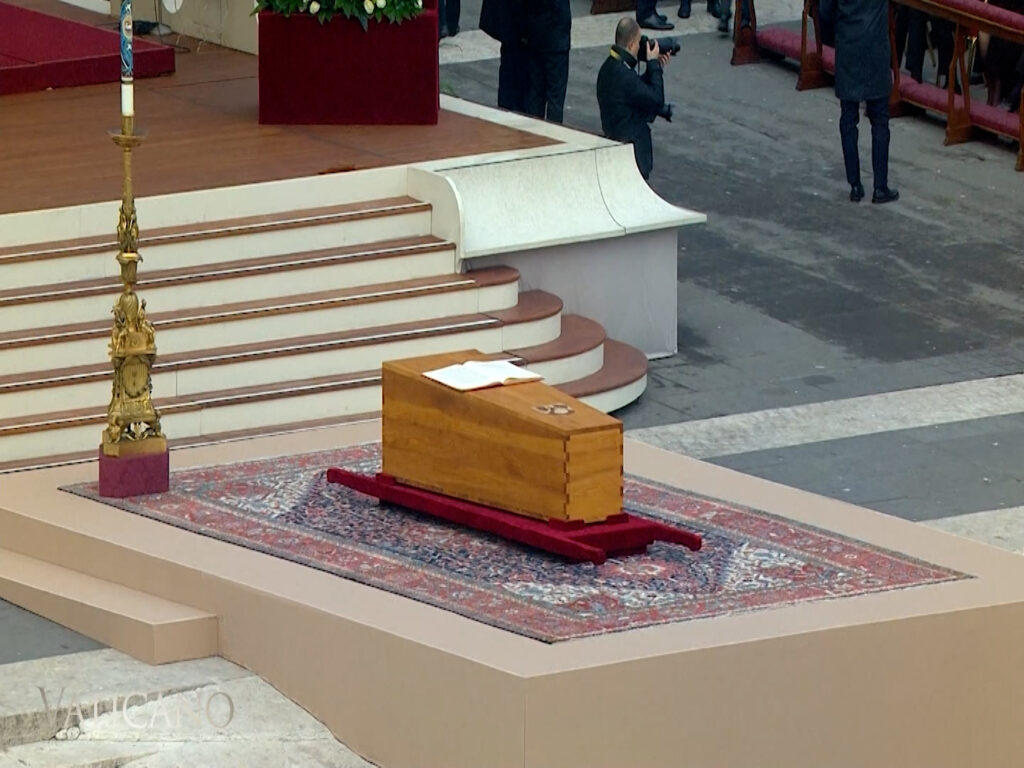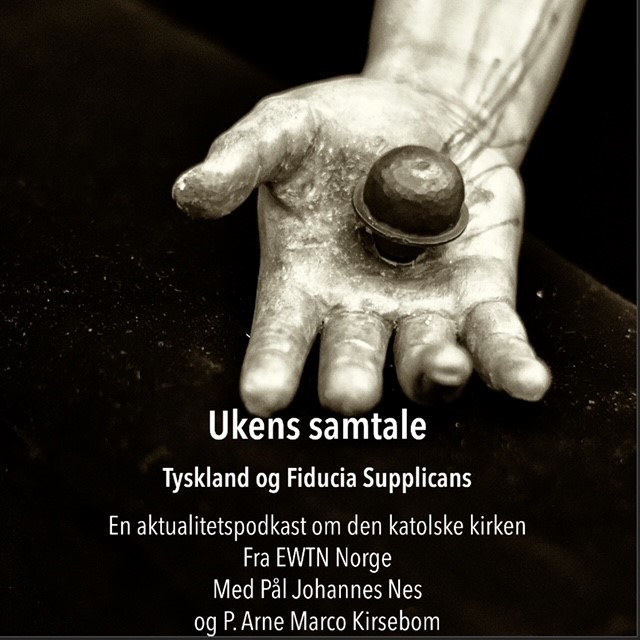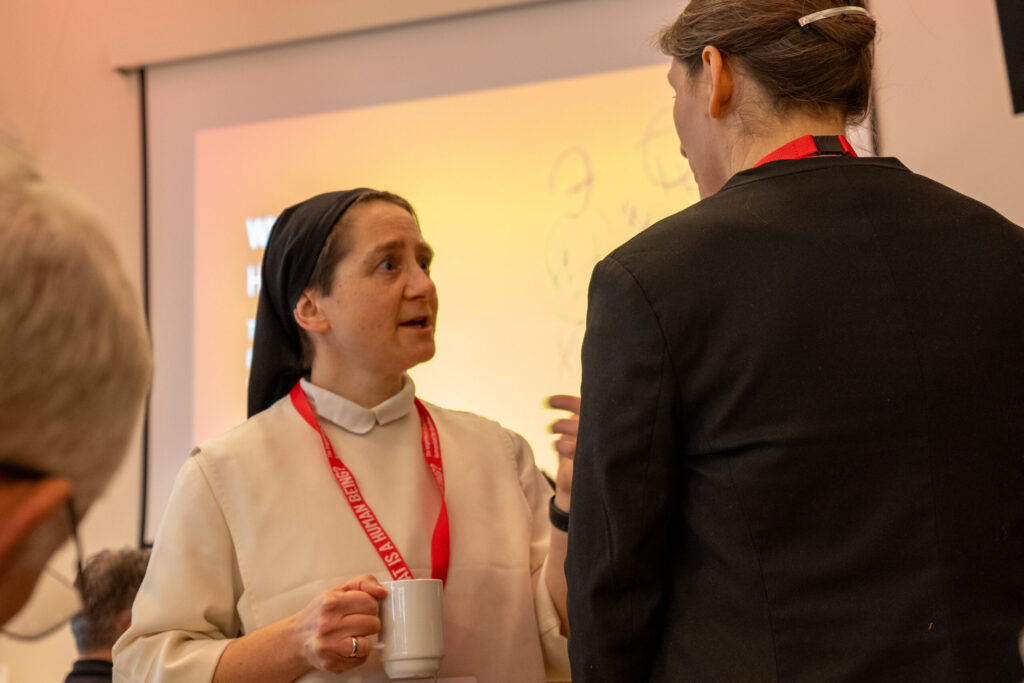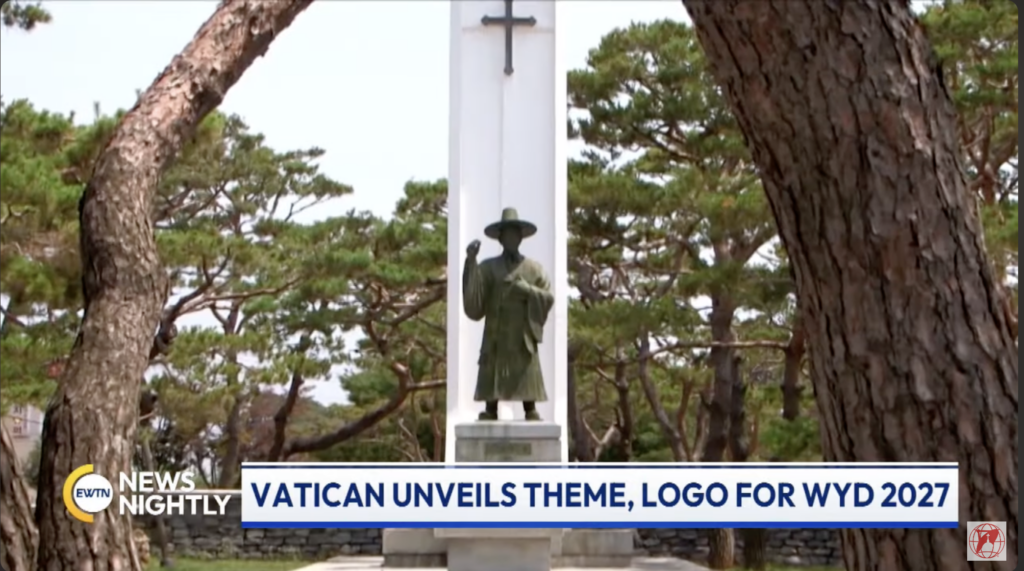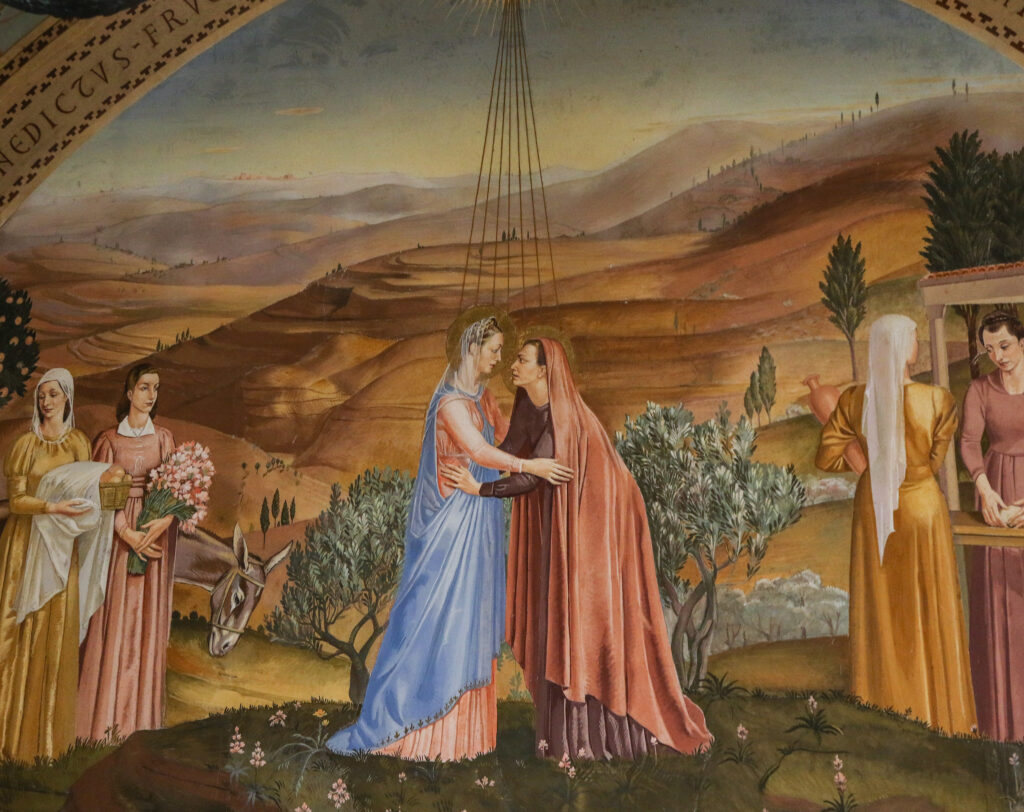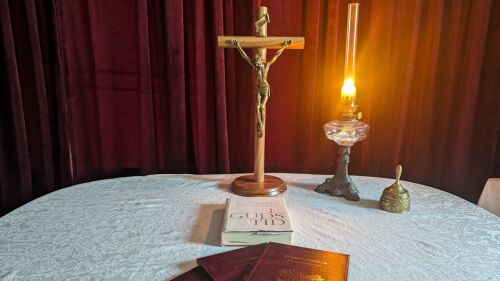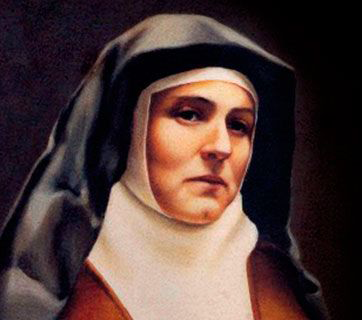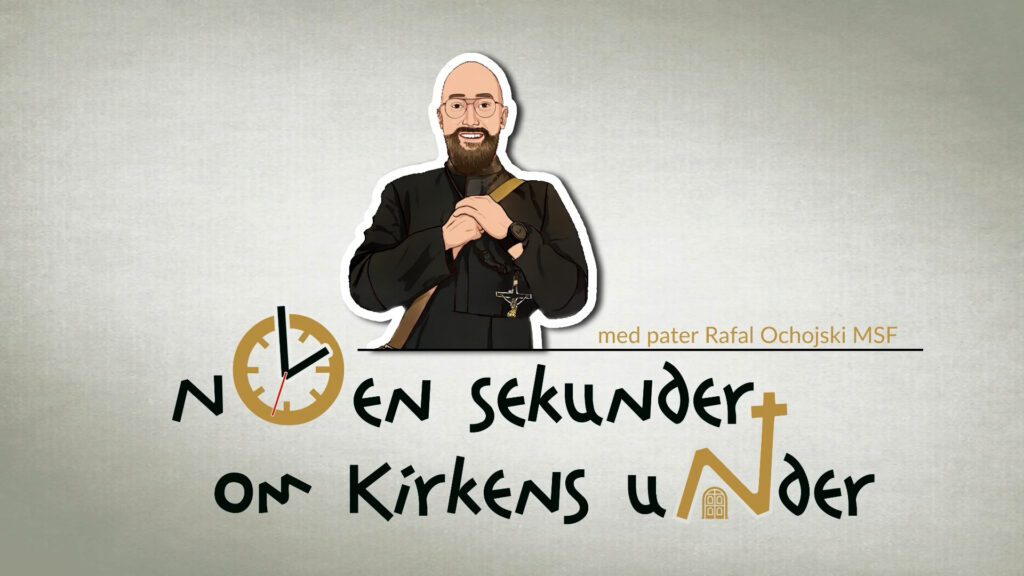Rudolf Gehrig of EWTN Vatican sat down with Archbishop Georg Gänswein during the “Benedict XVI Forum.”
He asked the Archbishop, “Why was it so important for you to come here to Altötting for the Benedict Forum?”
“Your question surprises me!” Mons. Gänswein replied.
It was no surprise that Archbishop Georg Gänswein was happy to come to Germany to participate in the second “Benedict XVI Forum.”
Mons. Gänswein continued, “For me, it is a conscientious obligation to pass on what I experienced with him, what he left behind in terms of heritage and treasures. Because this is a great gift for Catholics, for the Church, for the people.”
A year and a half has passed since the death of Pope Benedict XVI.
From July 10-14, theologians met in the Bavarian town of Altötting, where Germany’s most important Marian shrine is located, not far from Joseph Ratzinger’s birthplace.
“The reason for the conference which we are having here at Altötting is to remember the great heritage of Pope Benedict XVI. He wrote the bestseller called ‘Introduction to Christianity’ and we’ve modified the title a little bit, calling it ‘Guidance towards Christianity.’ People need guidance nowadays and that’s what we try to offer based on the writings of Joseph Ratzinger, Pope Benedict XVI,” Prof. Ralph Weimann of the “Fundatio Christiana Virtus” said.
The conference is organized by the association “Fundatio Christiana Virtus” in cooperation with the diocese of Passau. Speakers included Cardinal Kurt Koch, Prefect of the Dicastery for Promoting Christian Unity, who spoke about the significance of Pope Benedict’s theological work.
Cardinal Koch shared, “I miss him very much because he was a very, very kind person. He was a person with a very deep faith, and he was a very intelligent theologian. And these three characteristics in one person are characteristic of Pope Benedict.”
Fr. Markus Graulich is Under Secretary of the Dicastery for Legislative Texts and was also present at the Forum.
Fr. Markus explained, “He celebrated Mass every day, prayed the breviary, and so we wanted to reflect that also during the Congress, that there are times of prayer and times of discussion and times of conferences.”
At the Benedict Forum, not only the theological legacy of Pope Benedict was discussed, but also his human side.
Fr. Martin Trimpe is a former student of Professor Ratzinger. He recalled, “I started studying theology in Münster in the summer semester of 1965-1966 and that’s when I got to know him. I was very impressed by him. I noticed that he never asked for applause. He was a man who arrived very simply on a bicycle and had an old briefcase. You could really tell that it was important to him to open up the faith to us.”
Sister Christine Felder, FSO, supported the then-Cardinal Joseph Ratzinger in his household in Rome since 1988.
She shared, “I was with him when he was Prefect of the Congregation for the Doctrine of the Faith for 10 years. I thought to myself, this anniversary has to be highlighted somehow, it’s something special. I prepared a little dessert with the number 10 on it. He really liked sweet desserts, but on this day he came home, saw the dessert with the number 10 on it and then he said: ‘Sister Christine, that’s no reason to celebrate!’ That really got to me, because he really longed to be able to spend more time with his books and theology without all the external pressures.”
Rudolf Gehrig of EWTN Vatican asked Sister, “Please take us back to that night when the white smoke came and Benedict was elected. Were you in St. Peter’s Square then?
“No, but I had suspected it,” she shared. “My whole community was sitting in front of the TV, they came from vespers and saw that the bells of St. Peter were starting to ring. I thought I wouldn’t be able to make it to St. Peter’s Square. I was the only one who stayed at home and sat in front of the TV. You won’t believe it: the cardinals come out, the announcement follows, Cardinal Protodeacon Jorge Arturo Medina begins and says the name ‘Josephum’ — and at that moment we had a power failure in our house and I didn’t hear the surname! Then I ran to turn on a radio. By the time I finally found a radio, I had already received a call from an old lady from Austria. And then it was clear to me that it was Joseph Ratzinger.”
Gehrig asked, “After Pope Benedict resigned, did he change? He had previously said that he was tired, that he no longer had any strength. Was he bitter and disappointed?”
“No, he wasn’t resentful or disappointed in any way. I never saw him like that,” she said. “Basically, he was a person whom I experienced in all phases of his life, from 1988 to the end, with great peace and contentment, or perhaps I should say with great trust in God. His resignation as a pope was a decision that he made before God and I believe that he always remained at peace before God.”
The organizers and also the participants of the “Benedict Forum” are convinced that Benedict XVI still has a lot to say today.
Fr. Graulich shared, “There are several of his works that remain that I’ll surely reread in the next years to come. And there is his great testimony, his life, as he was a person who believed deeply in God and who tried to do the will of God in all the different circumstances that he did not look for but that were given to him.”
Anna Diouf of EWTN Germany noted, “I think his legacy is a deep theology that shows us that reason and faith are not opposed to each other and that our intellect, our brain, our head, our heart, our soul, that they all belong together, and that we should search for the Lord and that we should search for Jesus in all of this.”
Even though Benedict XVI spent the last years of his life in seclusion as Pope Emeritus, people have not forgotten him.
Adapted by Jacob Stein

